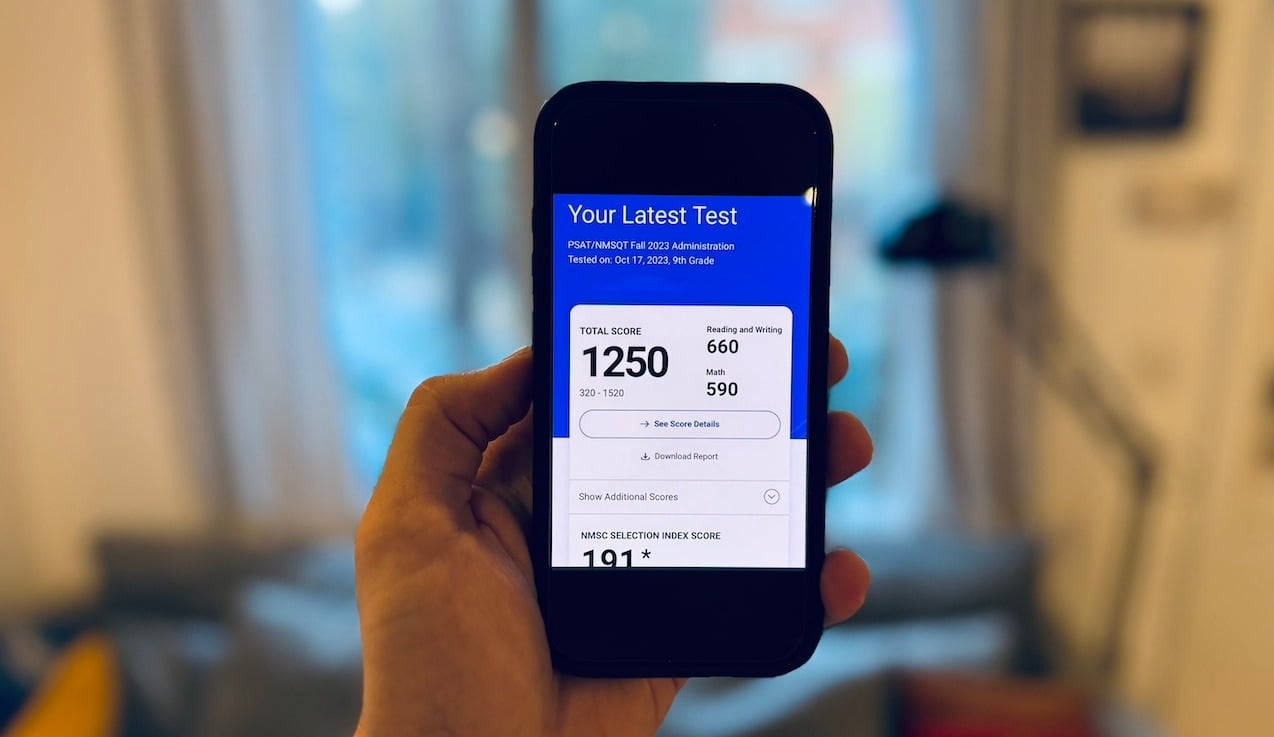The ACT announced last week that average test scores are at their lowest mark in 30 years. Sadly, 42% of ACT test-takers from the Class of 2022 did not meet any of the ACT's benchmarks. The College Board is also reporting lower SAT scores.
Many experts point to a lack of academic preparedness due to the pandemic for the reason why scores are so low. Yet, the few elite colleges that share admissions data are reporting average ACT and SAT scores for admitted students that are shockingly high.
Why and how is this happening?
With the rise of test-optional policies, fewer students are taking the test. Fewer students are preparing for the test (at least compared to pre-pandemic years). And fewer students are reporting their test scores unless the scores are exceptionally high. This has artificially inflated the average test scores for elite colleges and created a higher bar for acceptance. Colleges are expecting more from students when the test scores suggest otherwise.
All colleges preach that the high school transcript is the most important factor in the admissions process—even more important than test scores. But is it?
We simply do not know. Most colleges scrub their admissions websites clean so that average ACT and SAT scores from prior years are no longer available. And there is a growing movement among elite colleges of not reporting any admissions data—not test scores, not acceptance rates, not the percentage of students admitted with and without test scores.
The only thing we have to go on is what we see and hear. And I see and hear a lot in my Application Nation groups. With thousands of students from across the country, there are clear trends of who gets admitted and who doesn’t. Getting admitted with lower scores or no scores is not that easy.
The true intention of a test-optional policy is supposed to allow students the option of whether or not they report their test scores. Students should never be disadvantaged by not reporting scores. I should know. I was the dean of admissions of a longstanding test-optional college. We had the same acceptance rate for students who did not report test scores as those who did. However, these days, it is like these colleges that adopted test-optional policies due to the pandemic did so without honoring its history, purpose, and proper implementation.
RELATED READING: What Test-Optional Colleges Don't Tell You About Test Scores
Until colleges come clean about how test scores impact decisions, I have to counsel my students to be realistic about their chances of admission if they choose not to report scores. Frankly, they are disadvantaged no matter what they do, whether they report slightly lower scores or no scores at all. Colleges should stop using the term test-optional when they are truly test-preferred.
READ MORE: 3 Questions on Submitting Test Scores That I Get Asked Daily
ACT and SAT scores are at an all-time low. But some colleges are reporting test scores at an all-time high. Something is not right. Students need data, transparency, and evidence from colleges to make thoughtful decisions about taking these tests and reporting scores from them. Without this information, we cannot trust that colleges are using test-optional policies in the way they were intended. We fail at educating and supporting students when average test scores drop, yet college admissions standards rise. Let's reverse the trend for both.











